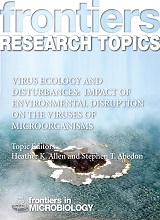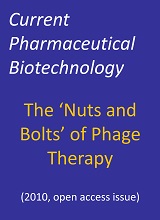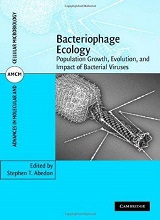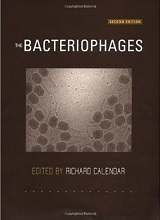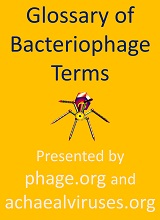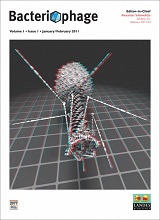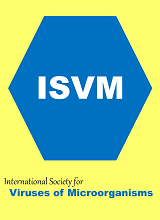
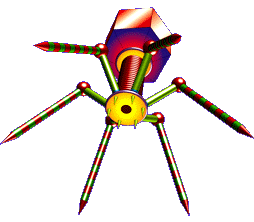
Exchange, replacement, or insertion of sequences especially between, of, or into DNA molecules.
Molecular recombination is the consequence of crossing over during meiosis, though involves additional mechanisms including in non-eukaryotes. The use of the term, that is, "molecular recombination", is for the sake of differentiating genetic recombination into two basic types, molecular recombination versus independent assortment/reassortment, and is useful particular because, as noted, not all aspects of genetic recombination that are not independent assortment or reassortment can be instead strictly described as crossing over.
The actual process of molecular recombination involves the interaction of two distinct DNA molecules which then either exchange parts or where one inserts into the other (i.e., site-specific recombination). In either case, the process involves the breaking and making chemical bonds, that is, technically molecular recombination involves chemical reactions whereas independent assortment and reassortment can be envisaged without consideration of chemical reactions but rather the movement of molecules randomly from one place to another.
Here is a Google search on "molecular recombination", in quotes. Note that molecular recombination can occur among RNA molecules as well, such as associated with RNA viruses, but is rarer and not as well characterized as for DNA.
For more on this topic, see Wikipedia and Google. Contact web master. Return to home.
